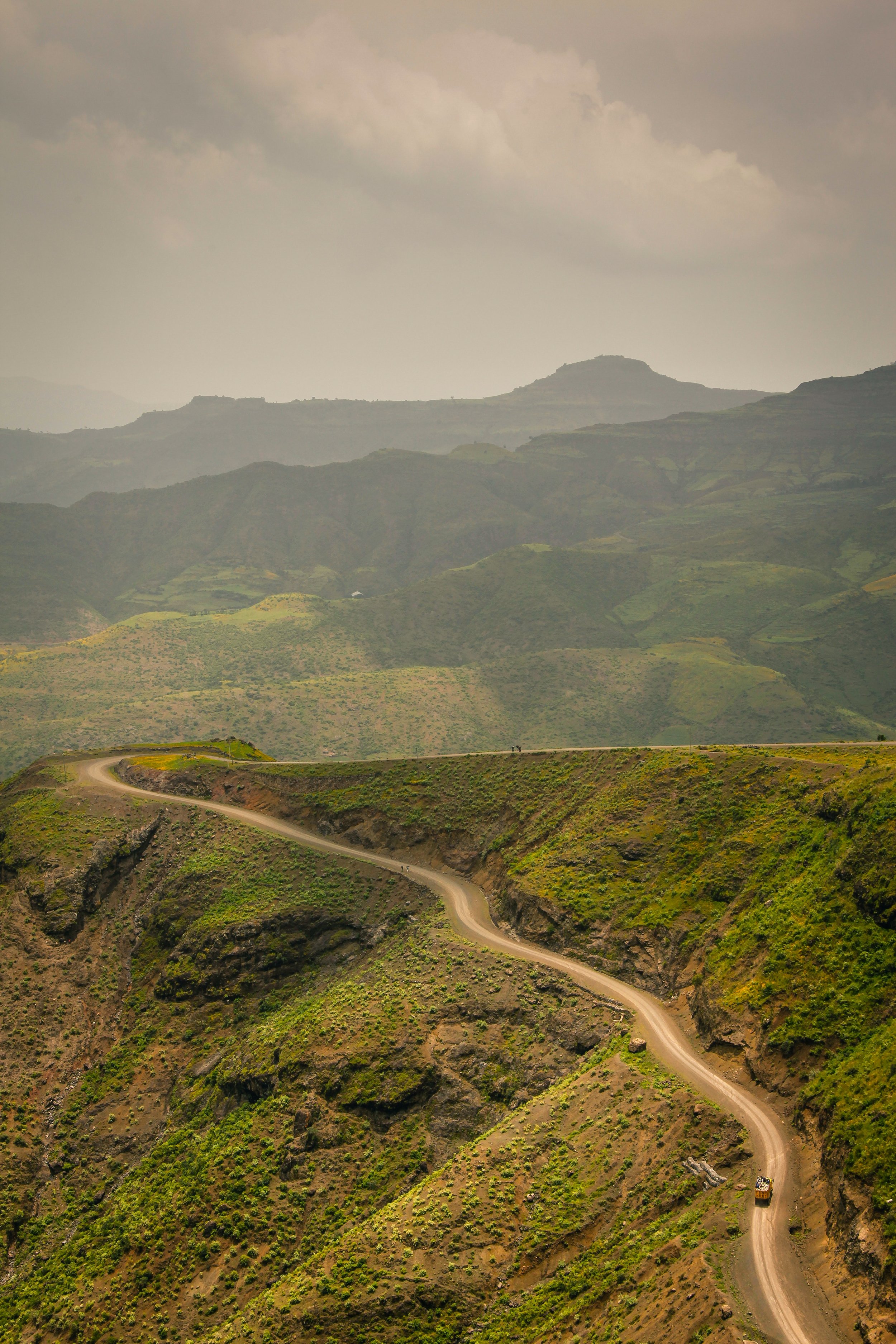
OUR WORK
Project Nova is committed to a future where light is available to all – starting with the ones who need it most. We believe generational impact begins with equal access to necessary infrastructures that support education and increase security.
15 million households in the Democratic Republic of the Congo do not have electricity.
How we measure our work
60 million DRC citizens live on less than $1.90 per day.
Project Nova has distributed over 2,500 solar lightbulbs in the last year to villages outside of Kinshasa, DRC. This has enhanced children’s development through night-time education, increased safety and security for families, and improved the quality of life for those living in these communities. Project Nova continues to expand this mission to deliver solar lighting to villages and hopes to make a long lasting impact for generations to come.
Providing Solar Lighting to villages that lack basic electricity infrastructure enables Project-Nova to have an impact on expanding hours for education, work, and family development, in addition to reducing crimes that typically occur under the cover of night.

Make a change, now.
We’re on a mission to raise awareness of the current crisis in the Congo through solar lighting to bring change and a brighter future for the Congolese. With your contribution, we can help change the lives of thousands of people.
Providing Solar Lights
Our solar light bulbs LED lighting designed to run up to 8 hours per charge.
In the Congo, only 1.6 million of the 10 million households have access to electricity, making it the third-largest population in the world without access to electricity.
With the power of solar lighting, these families have 8 more hours of light per day. This provides them more safety, education access, and family development. (source)
The Democratic Republic of Congo is a large country with 10 million households of which 1.6 million have access to electricity. This makes it the third largest population in the world without access to electricity. (source)
The DRC's potential to generate energy is high, having a wide range of both renewable and non-renewable energy sources[1]. The DRC's potential renewable sources are hydropower, biomass, solar, wind and geothermal, while the non-renewables would be oil, natural gas & uranium.
Though the access rates have gone up by the year 2017, as the population with access went up from 11% in 2009 to 19%, yet the access rates in the country still alarming, especially in the rural areas where about only 4% have access to electricity, and no proper efforts have been made or taken to increase the access rate or improve the situation. (source)
Creating Safe Environments
The Democratic Republic of the Congo had a murder rate of 13.55 per 100,000 population in 2015. The DRC, and the east of the DRC in particular, has been described as the "Rape Capital of the World". The prevalence and intensity of all forms of sexual violence has been described as the worst in the world.
In 2020, Doctors Without Borders/Médecins Sans Frontières (MSF) teams treated 10,810 people for sexual violence in six of DRC’s 26 provinces, 20 percent of whom were younger than 18 years old. (source)
In addition to food, shelter, and psychosocial support, children need opportunities for play and learning. In Kasai-Central province, 400 schools have been attacked and at least 260 were destroyed, depriving some 150,000 primary-school-age children of access to education. (source)
In the Democratic Republic of the Congo (DRC), there is a significant lack of basic human necessities, leaving many families and children without access to items such as toothbrushes, toothpaste, soap, and feminine hygiene products. In response to this, we are proud to organize drives to collect these items or donations. We aim to provide those in need with life-changing supplies to improve their health and well-being.
Children’s Development
Child development is a pivotal aspect in shaping a brighter future for any community, and this holds true for the children of the Congo.
Access to essential educational resources, such as books, stationary, puzzles, and other cognitive development toys, plays a fundamental role in establishing a solid foundation for their growth.
By providing these valuable tools, we empower young minds to explore their potential, enhance critical thinking skills, and foster a lifelong love for learning. In doing so, we pave the way for a generation that is equipped to face challenges, drive progress, and contribute positively to the development and prosperity of their society.
Why the Congo?
The Democratic Republic of Congo is the richest country in the world in terms of natural resources.
The DR Congo is blessed with abundance of gold, petroleum, diamond, coal, timber, tin, manganese, uranium, copper, cobalt, tantalum, zinc, silver, and hydro-power. In fact, DR Congo's untapped deposits are estimated to be more than 24 trillion US dollars.
However, despite the abundance of both natural and human resources, the Democratic Republic of Congo remains one of the poorest countries in the world today with at least 50% of its population living below the international poverty line. (Source)
Why Solar Lights?
The Democratic Republic of Congo has a literacy rate of about 67% for the entire population with the female literacy rate hovering around 57%.
In other words, just about 57% of the total female population above the age 15 can read and write in DR Congo today. This literacy rate drops sharply in some rural and sub-urban communities across the country. (source)
Our partnership with Mbenga Foundation.
Project Nova is honored to partner with the Mbenga Foundation to help bring resources and supplies to the villages in the Democratic Republic of the Congo. We work closely with the members of the Mbenga Foundation, coordinating distributions to make a positive impact on the Congolese.





